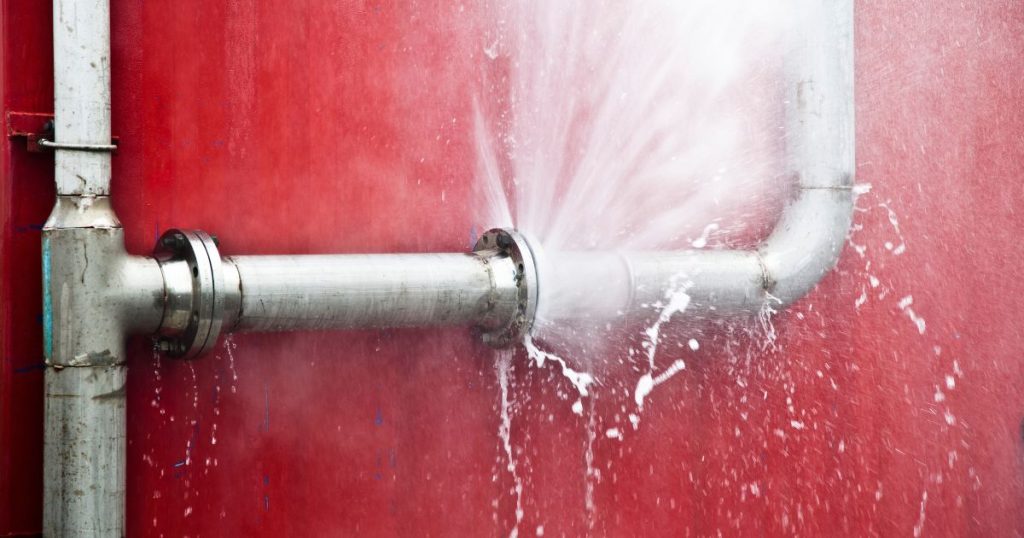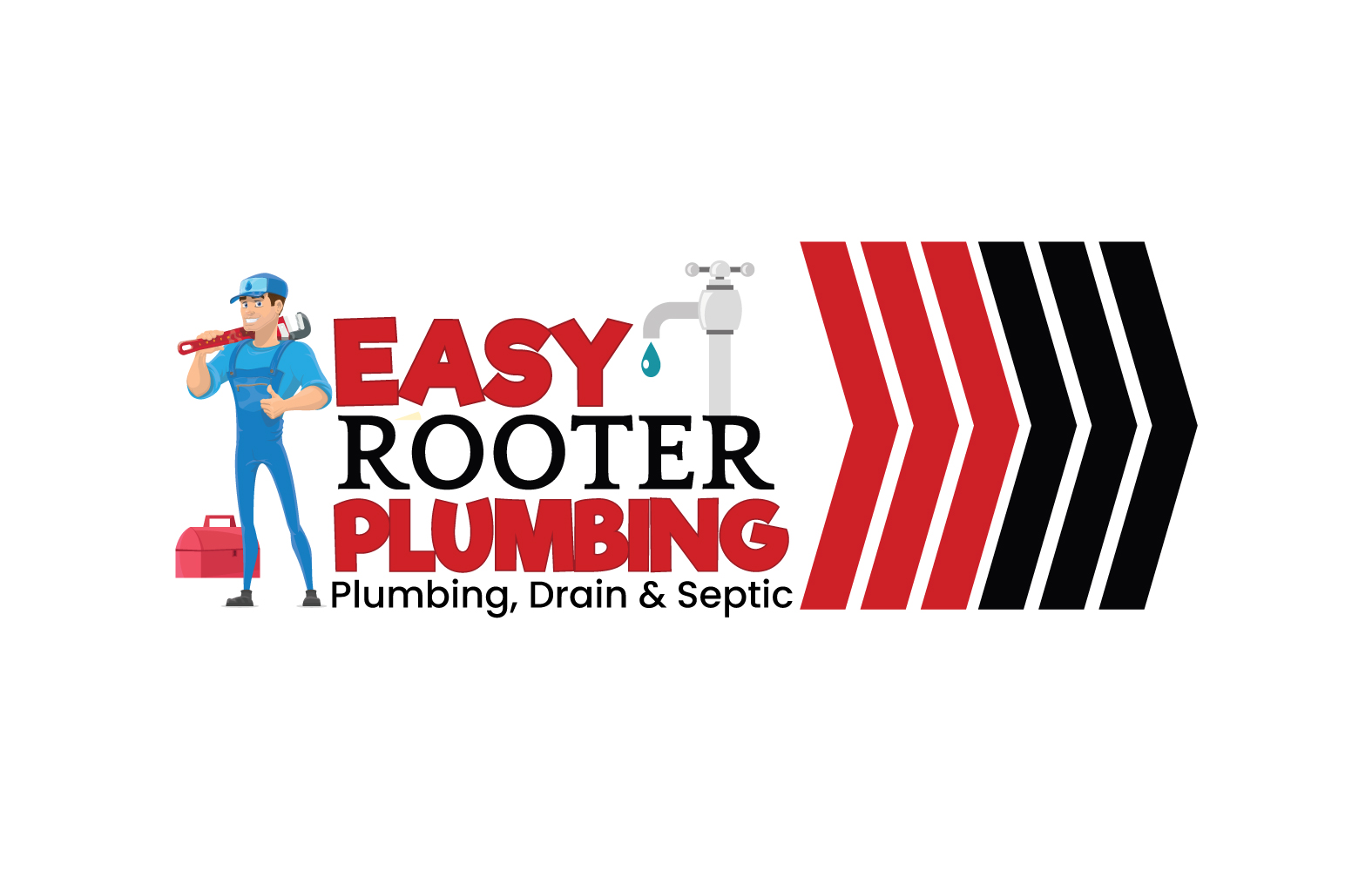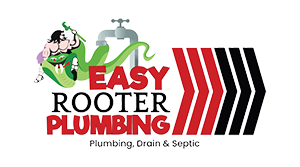Does Homeowners Insurance Cover Frozen Pipes?

As winter approaches, homeowners must take preventative measures to protect their property from harsh weather conditions, such as frozen pipes. When pipes freeze, they can burst, causing significant damage to a home, necessitating instant action from the plumbers Sparks. The good news is that most homeowners’ insurance policies cover damages caused by frozen pipes. We’ll explore whether homeowners’ insurance covers frozen pipes and what you need to know to protect your home.
Are Frozen Pipes Covered By Homeowners Insurance?
Yes, most homeowners’ insurance policies cover damages caused by frozen pipes. However, carefully reviewing your policy is crucial to understand what’s covered and what’s not. Typically, homeowner’s insurance policies cover the following:
• Water damage caused by burst pipes
• Repair or replacement of damaged pipes
• Damaged personal property, such as furniture and electronics
• Mold remediation and cleanup caused by the water damage
However, There Are Some Limitations To Coverage, Such As:
• Negligence Or Lack Of Maintenance:
If the insurance company determines that the homeowner failed to maintain the property adequately, they may deny the claim. For instance, if the homeowner was aware of their obsolete pipes and likely to freeze but didn’t take preventative steps, they may lose their claim.
• Gradual Damage:
It refers to damages that occur over an extended period. For example, if the homeowner knew the pipes were slowly leaking but didn’t fix them, which escalated in damage over time, the claim may be denied.
• Flood Damage:
Homeowner’s insurance typically does not cover flood damage. If the frozen pipes burst, causing a flood, the homeowner may need separate flood insurance to cover the damages.
How To Prevent Frozen Pipes
Prevention is requisite when it comes to frozen pipes, allaying the need to enlist plumbing repair contractor Reno NV. Here are some steps homeowners can take to prevent their pipes from freezing:
• Insulate Pipes:
Pipes in unheated areas, such as the attic or basement, should be insulated to protect them from freezing. Foam insulation sleeves or fiberglass insulation can help keep the pipes warm.
• Seal leaks
Check for leaks in windows and doors that may let cold air in. Seal any leaks with caulk or weatherstripping.
• Keep The Heat On
Set the thermostat to a minimum of 55 degrees Fahrenheit, even when you’re away from home.
• Open Cabinet Doors
Opening cabinet doors allow warm air to circulate pipes under skins and vanities.
• Disconnect Hoses
Disconnect and drain outdoor hoses and faucets to prevent water from freezing and causing damage.
• Maintain The House’s Warmth
If you plan to be away from home for an extended period, consider having someone check on your property regularly and keep the heat on.
What To Do If Your Pipes Freeze
Freezing of pipes requires prompt action to prevent them from bursting and causing water damage. Here are some steps you can take if you experience such a predicament:
• Shut Down The Water Supply
Locate the main water shutoff valve and turn it off to prevent further water from entering the home.
• Open Faucets
Open the faucets connected to the frozen pipes to relieve pressure and allow water to flow out.
• Thaw The Pipe
Utilize a hair dryer, heating pad, or space heater to heat the frozen pipes. Remember, never use an open flame or an electrical device that can cause a fire hazard.
• Call A Plumber
If you can’t thaw the pipes or if they burst, call a licensed plumber to help assess the damage and make the necessary repairs to prevent further damage.
• Contact Your Insurers
Consult your insurance company to report the damage and start the claims process.


